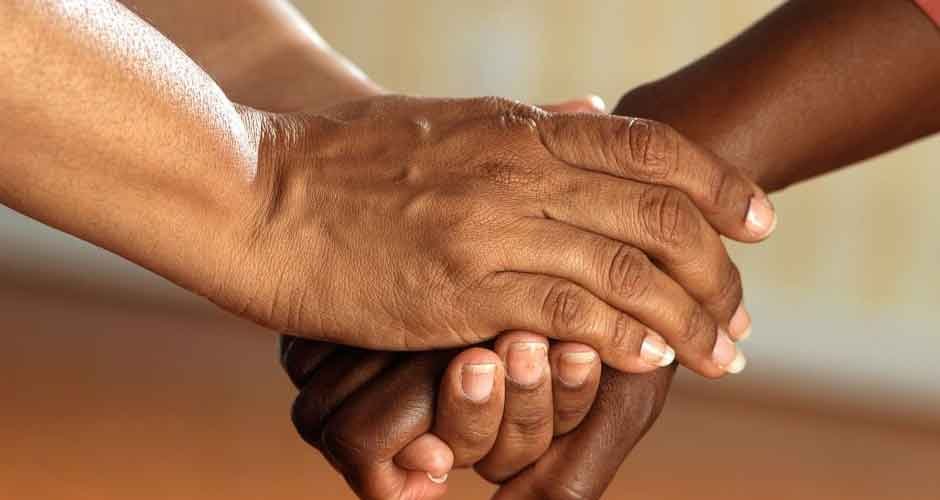When partners face challenges with addiction, navigating the path to recovery can be complex. Yet, embracing the journey together through rehab for couples can strengthen their bond and lay the foundation for a healthier future. This unique approach to recovery acknowledges the shared and individual challenges partners face, offering tailored support to meet those needs. This article explores how these programs work and the benefits they offer to couples committed to healing together.
Tailored Treatment Plans for Both Partners
Recovery programs specifically designed for couples start with the understanding that each partner has a unique journey with addiction and recovery. Such programs craft personalized treatment plans that address the needs of individuals and the couple as a unit. This dual focus ensures that while each person receives the care they need for their struggles with addiction, the couple also gets support in navigating the dynamics of their relationship. This approach helps in identifying and addressing patterns within the relationship that may contribute to addictive behaviors, ensuring that recovery is both individual and collective.
Strengthening Communication and Understanding
A cornerstone of a couples rehabilitation program is enhancing communication skills. Addiction often creates barriers to open and honest communication, which recovery programs aim to dismantle. By participating in therapy sessions, partners learn to express their feelings, fears, and hopes healthily. This newfound transparency fosters understanding and empathy, allowing partners to support each other more effectively during and after recovery. Improved communication skills are invaluable, laying the groundwork for a relationship that can withstand recovery challenges.
Building a Joint Support Network
Recovery is not a journey to be undertaken in isolation. Rehab programs for couples emphasize the importance of building a supportive community around both partners. This includes connecting with other couples navigating similar challenges and creating a sense of belonging and understanding. Through group therapy sessions and community-building activities, partners learn they are not alone in their struggles. This collective support network becomes a source of strength and encouragement, providing a safety net that can help prevent relapse.
Addressing Co-dependency and Establishing Healthy Boundaries
Many couples dealing with addiction issues struggle with co-dependency, where their emotional well-being and behaviors become excessively entwined with those of their partner. Recovery programs help couples identify co-dependent patterns and work towards establishing healthier boundaries. Learning to support each other without sacrificing one’s own needs or enabling unhealthy behaviors is critical in creating a balanced and supportive relationship.
Planning for a Future Together After Recovery
The journey doesn’t end with the conclusion of the rehab program. Couples are guided in planning for their future, focusing on maintaining sobriety and building healthy relationships. This includes setting shared goals, establishing routines that support a sober lifestyle, and continuing to engage with support networks. Recovery programs equip couples with the tools and strategies to navigate life’s challenges without reverting to old habits.
Legacy Healing states, “Drug and alcohol rehab for couples enables partners to address past grievances in a healthy and controlled manner, helping to rebuild trust. Also, the skills taught in couples rehab make it less likely that trust will be broken in the future.”
Recovery programs that support partners together offer a comprehensive approach to overcoming addiction. By focusing on individual healing within the context of the relationship, rehab for couples fosters a deeper understanding, stronger communication, and a supportive partnership. These programs recognize that recovery is a journey best taken together, providing couples with the tools and support to build a healthy, sober future. This collaborative approach enhances the chances of successful recovery and strengthens the bond between partners, offering hope for couples committed to healing together.


